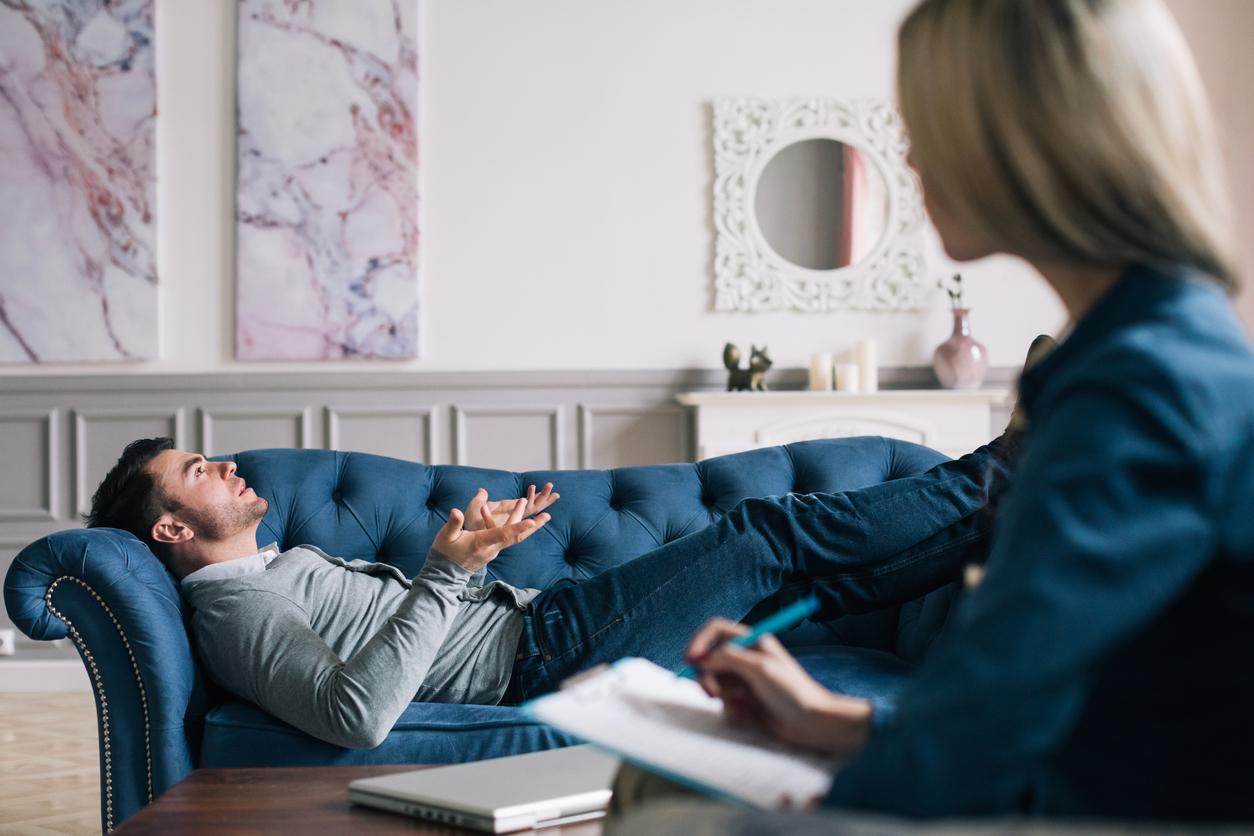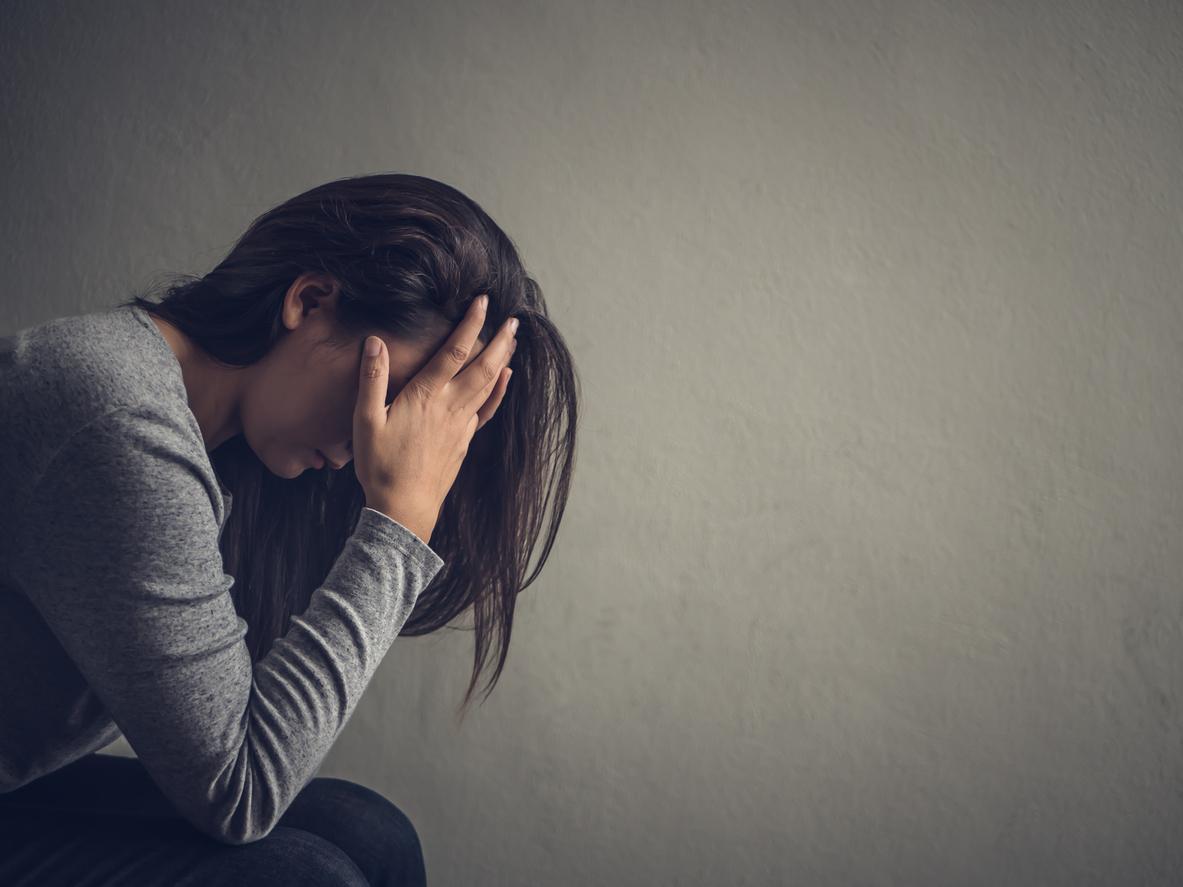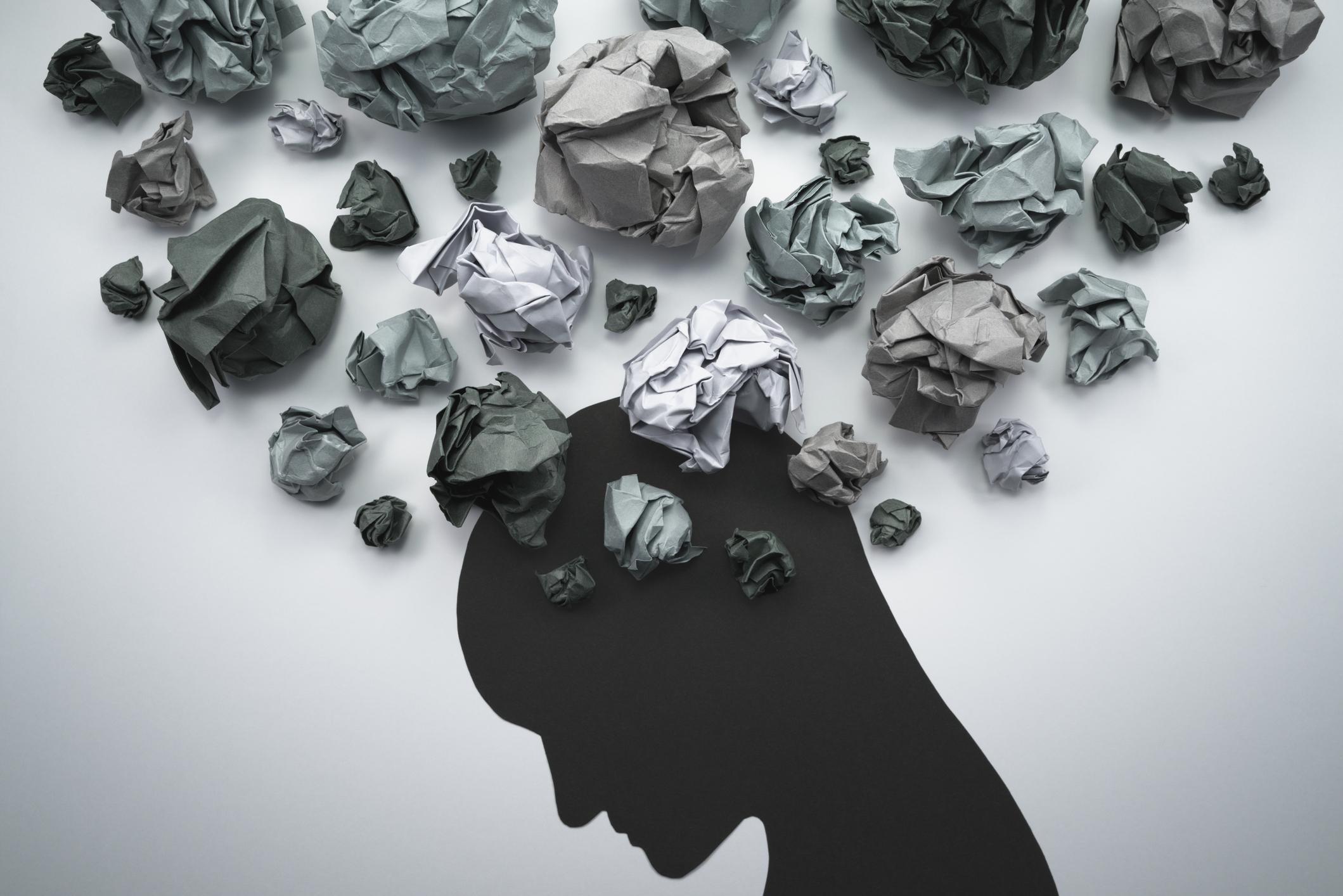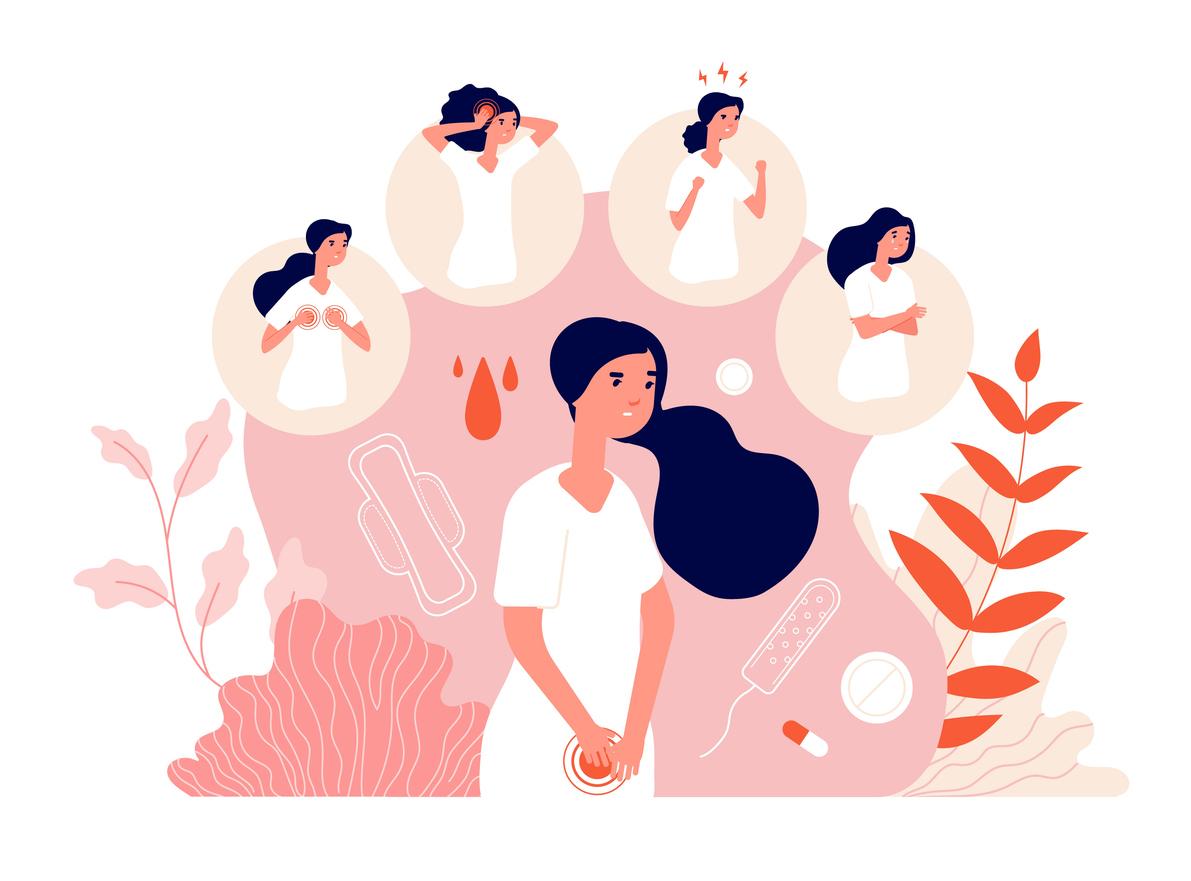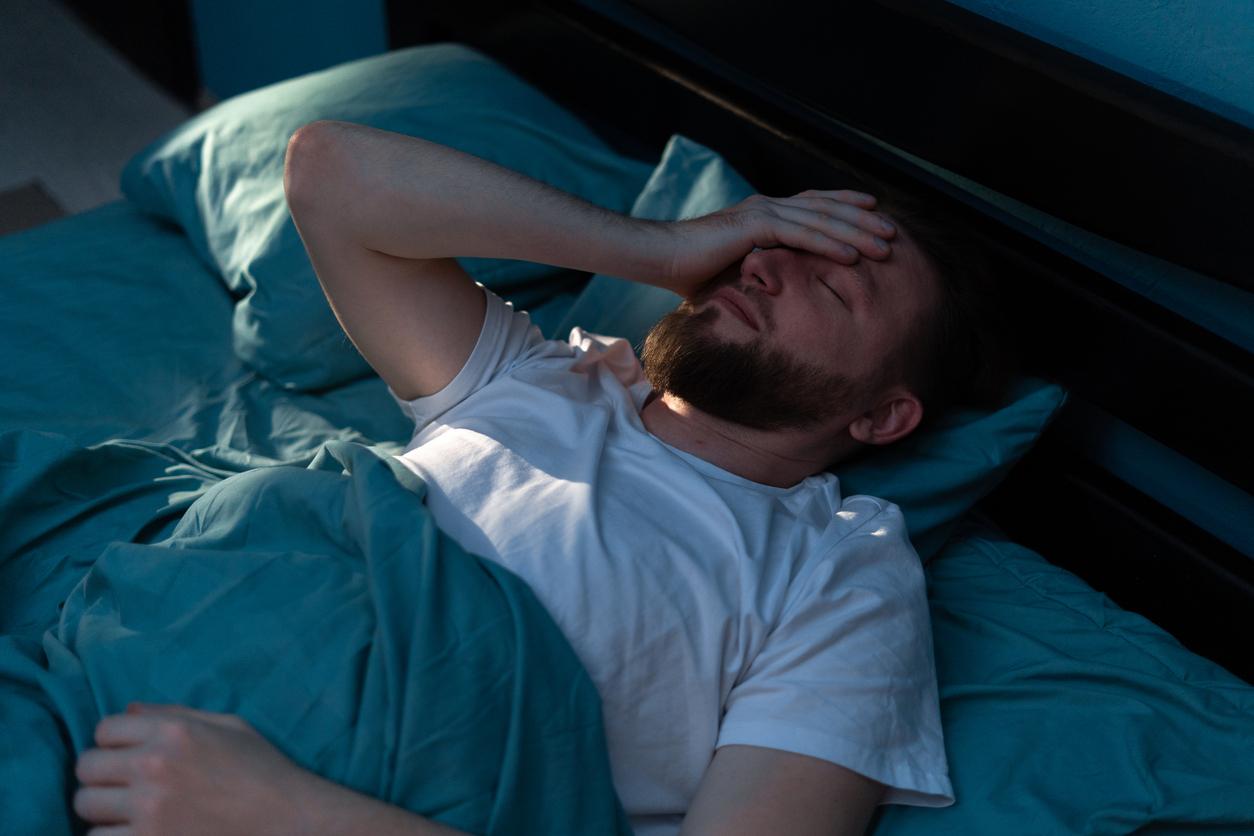Inpes presents the results of a barometer on the health of the deaf and hard of hearing. Psychic suffering is often added to the handicap.
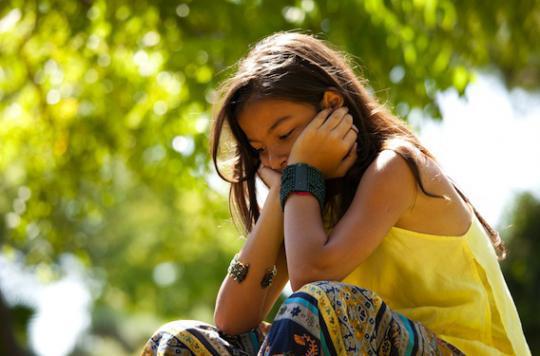
More than four million French people are deaf or have hearing problems. In the latest issue of its journal Santé en action, Inpes presents the “deaf and hard of hearing health barometer” (1), the largest survey conducted in France on their behavior and state of health. A grim record, because these people often suffer from stigma and practical problems on a daily basis.
For this barometer, 2,994 deaf and hard of hearing people were questioned during 2011 and 2012 on their health, particularly psychological and sexual. Although this is only a sample of the population affected by this disability, this survey gives an idea of the obstacles that remain to be overcome.
Ill-being and suicide
The barometer first confirms what an INVS study already highlighted last December. Deaf people are three times more numerous in a state of psychic suffering than the rest of the population.
As a result, they make three times more suicide attempts than people with no hearing problem, and even when they do not take action, they are five times more likely to admit having had suicidal thoughts in the morning. during the past twelve months.
These acts of self-harm occur in particular in the context of suffering at work. The deaf and hard of hearing are 34% to say they are in a state of psychological distress against 5.4% of the general population. They are also 3.5% to have attempted suicide for professional reasons, against 0.6% of their colleagues.
This discomfort is explained by the communication difficulties encountered on a daily basis to dialogue with their colleagues or to understand the instructions. Only one in ten employees benefits from a modified schedule.
Sex life
However, there is another aspect of the health of the deaf and hard of hearing that remains relatively little discussed: that of sex life. Participants in the barometer aged between 15 and 29 were asked about their first report. Almost 16% of them explain that they did not want their “first time”.
Deaf and hard of hearing women are particularly affected by the phenomenon. A quarter of them say they did not want their first report, twice as many as other women.
In terms of contraception, these women also take the pill less (less than one in two women), but are more likely to report using a condom (18.2%) or a “natural” method (8.9%).
Faced with these complicated situations, INPES stresses the importance of improving the care systems because, for fear of not being able to communicate with doctors, a certain number of these people give up care. In particular, psychological care must be reinforced.
(1) Survey conducted by Inpes and the National Solidarity Fund for Autonomy
#Handicap : a third of the deaf and hard of hearing suffering in #job according to barometer @santeprevention https://t.co/XK2oSdI0Zf #health
– Pourquoidocteur (@Pourquoidocteur) January 26, 2016
.











